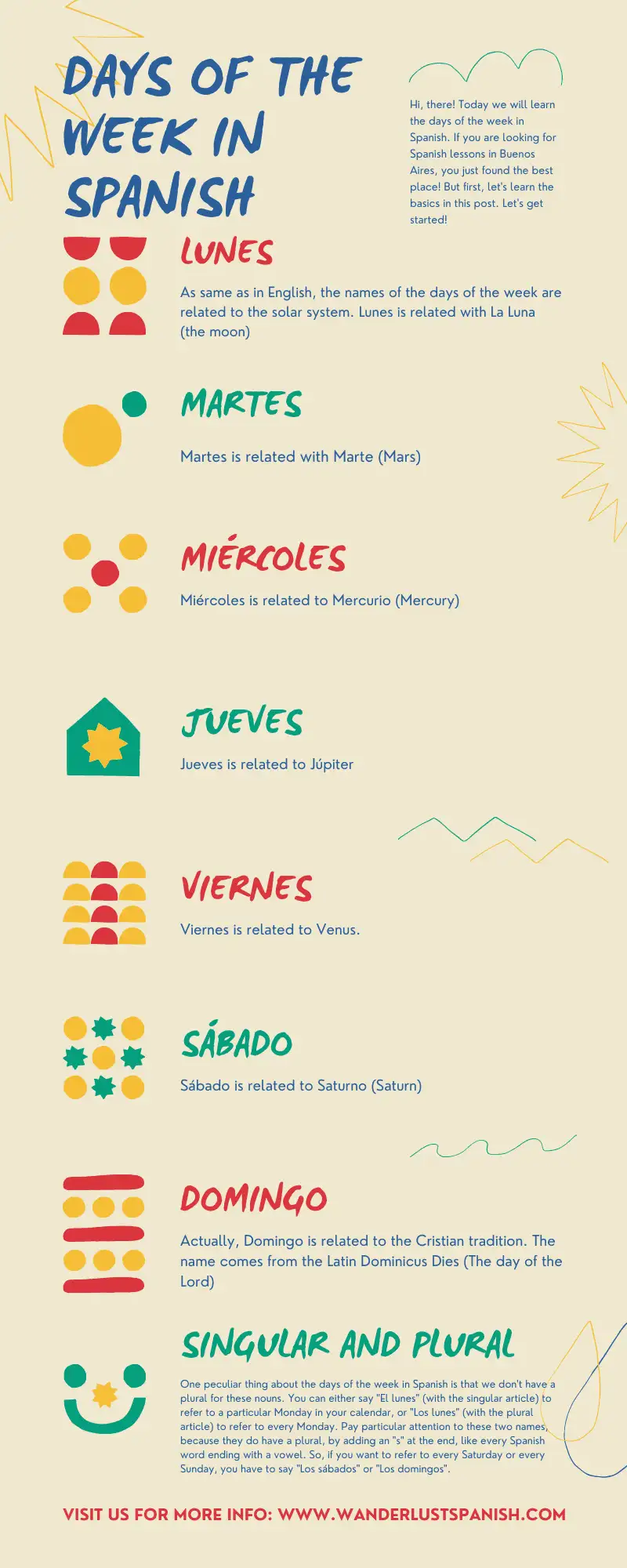Hello, there! Today’s a very important lesson in this post! We will learn all about Spanish Nouns. Get ready, bring some coffee and write down everything, because this a very important topic. And why is that? Because, differently to English, Spanish Nouns has a gender (masculine and feminine) and this is fundamental in order to speak and understand Spanish. So, let’s get started!
Spanish Nouns: gender
Contents
What a noun is? It’s a word to name a person, object, animal, plant, idea, or every type of thing you need to name. The nouns can be singular or plural, but, in Spanish, you need one more extra category. And that’s gender. Gender, in words, is just masculine or feminine. Don’t worry, of course, we have neutral gender, but first, we need to understand this division between masculine and feminine.
So, every word has one gender. This may sound confusing, I mean, it’s a table feminine or masculine? And why? Because of the origin of the language (Latin). And there is some connection between the gender of the world and some aspect of our life in the real world? Can we say that an object has “feminine” or “masculine” characteristics? Absolutely no!!! The gender of the words it’s totally arbitrary and has no grounds in any matter. But, don’t lose hope! There are many ways to understand when a word is masculine and when a word is feminine. Let’s go there!

Rules to understand Gender in Nouns
Firstly, let’s start with one important rule. You have different types of nouns. The nouns that are used to name a person or animal, can change the gender, depending on the “sex” of the person or animal. Don’t forget, there’s a way to name non-binary identities!
The rest of the nouns (objects, ideas, feelings) has just one gender. How does this work? If you go to the dictionary you will find something like this, for example:
Mesa: f. (the f is for feminine) Es un mueble compuesto por …. (etc.)
Or,
Libro: m. (the m is for masculine) Conjunto de muchas hojas… (etc.)
Let’s go with the “sexed” nouns. For example, the animals. If your cat is male, so it’s a “gato”. If your cat is a female, so it’s a “gata”. Can you see a pattern here? In both examples, mesa and gata are feminine nouns and end with “a”. And, libro and gato are masculine nouns and end with “o”. Is that a rule? Sort of! Most of the masculine nouns end with “o”. Most of the feminine nouns end with “a”. But, don’t forget we have exceptions.
Exceptions in Spanish
Here you have a list of exceptions:
Masculine Nouns that end with “a” or “ma”:
El clima, El día, El problema, El sistema, El planeta, El progama, El tema, between others.
Masculine Nouns that end with random letters:
El animal, El doctor, El café, El tren, El hotel, between others.
Another Rule: all the nouns ended with “ción”, “sión”, “dad”, “tad” or “tud” ARE FEMININS:
La canción, La conversación, La ilusión, La ciudad, La libertad, La navidad, between others.
Feminine Nouns that end with random letters:
La clase, La luz, La flor, La serie, La mujer, La piel, La suerte, between others.
A few feminine nouns ends with “o”:
La mano, La radio, La moto.
There are nouns related to professions that end always in the same way (“ista” or “ante”) but you need to change the article (“el” is the masculine article and “la” is the feminine article) according to the gender of the person, for example:
El o La artista, El o La dentista, El o La activista, El o La estudiante, El o La cantante, El o La representante.
Plural Nouns in Spanish
Finally, let’s see what happen when you need to make plural a noun.
If the noun ends with vowel, so you add an “s” (and of course, change the article to plural as well):
El gato —> Los gatos
La casa —> Las casas
If the noun ends with consonant, so you add a “es”:
El tren —> Los trenes
La conversación —> Las conversaciones
Okay, that was all for today! I hope you have enjoyed this blog about Spanish Nouns. Don’t forget we are Wanderlust Spanish and you can have a trial lesson with us! Contact us today! See you soon!








